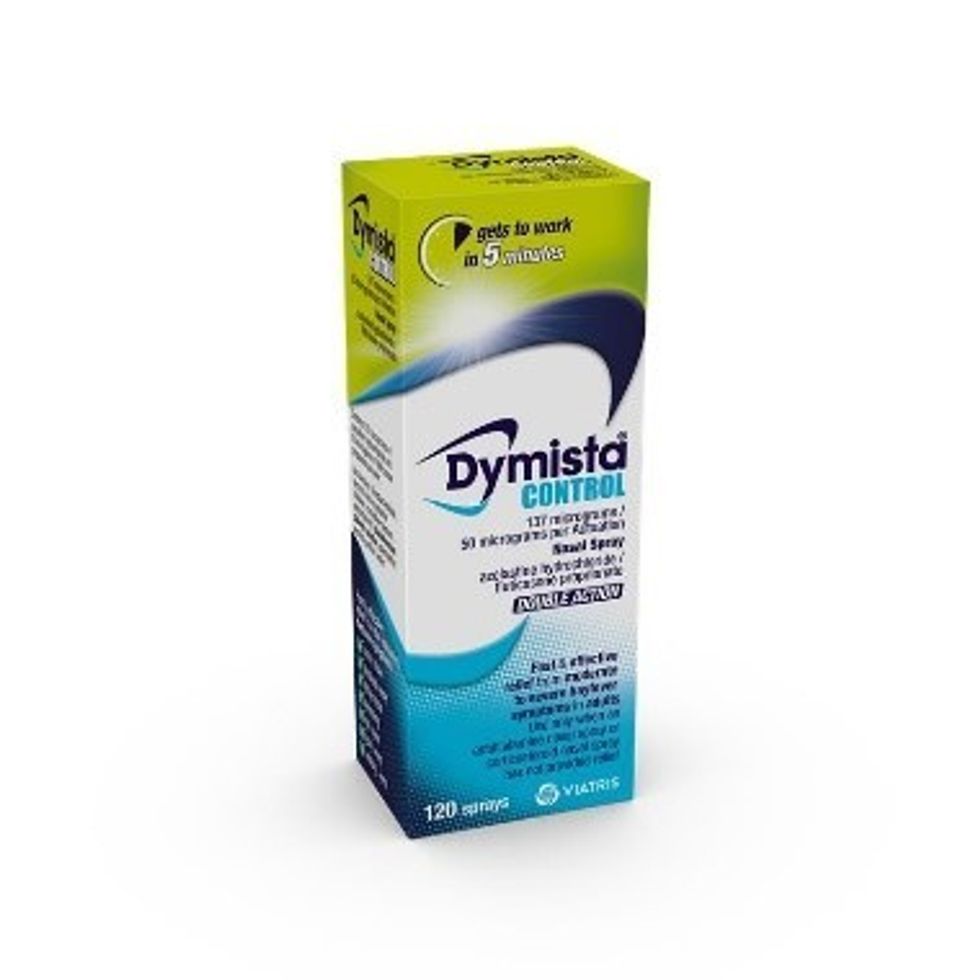NHS England has secured a deal for ‘Dexcom ONE Real Time-Continuous Glucose Monitoring’ device which will help type 1 diabetes patients to keep track of their glucose levels at all times without having to scan or take a finger prick test.
Once the patients receive their starter pack – which will include information on the product and usage, a sensor and transmitter – from the hospital or GP surgery, they can go to the community pharmacy for their repeat prescription.
The wearable arm gadget sends information to a mobile app and allows diabetes patients to keep track of their glucose levels.
"Traditionally, continuous glucose monitors are more expensive than their flash monitor counterparts – which record glucose levels by scanning a sensor – but thanks to the NHS agreeing on a new cost-effective deal with manufacturers DEXCOM, they will now be available for NHS patients on prescription at a similar price," said NHS.
Dexcom ONE Real Time-Continuous Glucose Monitoring, uses a sensor no bigger than a bottle cap that attaches to the arm for up to 10 days and measures glucose levels from just under the skin.
The wider rollout of the technology will help diabetes patients manage their condition better – reducing hospitalizations and associated diabetic illnesses which will ultimately ease pressure off the NHS.
Karen Baxter, vice president, UK & Ireland, Benelux, France and Spain at Dexcom: “The addition of Dexcom ONE to the NHS England drug tariff is enormous progress towards improving the choice of diabetes tech, providing an alternative to burdensome finger pricks and scanning.
“We are incredibly proud of the diabetes community and are working hard to make it easier for them to access the best technology possible to manage their diabetes. As a next step, we will be working closely with healthcare professionals to ensure the diabetes community can benefit as quickly as possible from reimbursement and the wider availability of Dexcom CGM.”
The NHS spends around £10 billion a year on treating diabetes, with the Type 2 Diabetes Prevention Programme aiming to prevent thousands of people from developing the illness and free up NHS resources in the long term.
A multitude of other diabetes treatments has also been made available on the NHS such as the Freestyle Libre which automatically balances blood sugar levels by delivering insulin directly to the bloodstream.








![Potential Side Effects of Mounjaro [What You Need to Know]](https://www.pharmacy.biz/media-library/image.jpg?id=54516976&width=1245&height=700&quality=90&coordinates=0%2C29%2C0%2C29)






 Dymista® CONTROL (azelastine hydrochloride and fluticasone propionate) nasal spray
Dymista® CONTROL (azelastine hydrochloride and fluticasone propionate) nasal spray 

